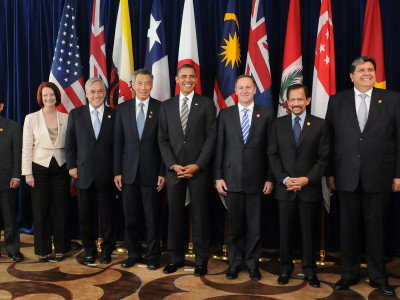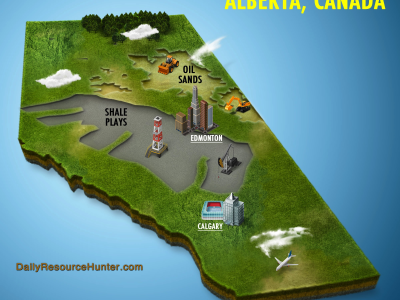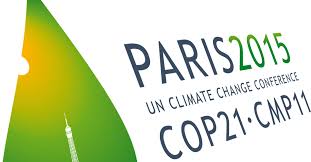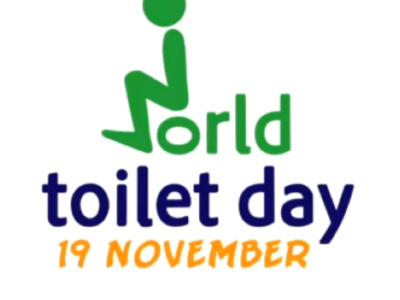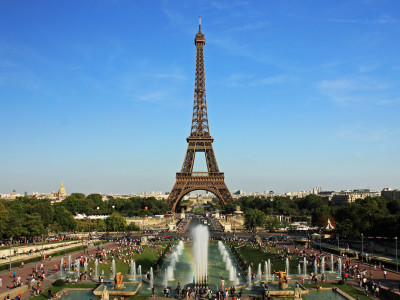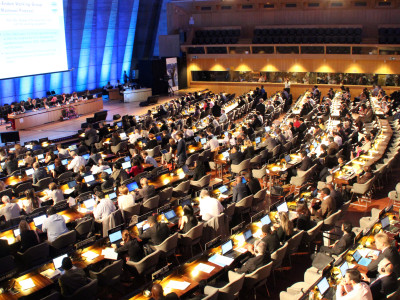Region: International
TPP or not TPP? Understanding the Environmental Debate over the Trans-Pacific Partnership Trade Agreement
The Obama administration recently notified Congress of its intent to sign the Trans-Pacific Partnership trade agreement (TPP) and released the text to the public. The TPP has proven extraordinarily contentious, splintering political party lines, with likely more Republicans supporting the agreement than Democrats, and dividing environmental groups, as well, with the Sierra Club, Greenpeace and NRDC opposed …
CONTINUE READINGWe’ll Always Have Paris — Or Will We?
Some skepticism from an attendee about what can transpire there
Along with the UCLA Law crew of Ann, Ted, Cara, and Alex, plus six law students, I’ll be attending the UN climate change negotiations in Paris next week, primarily to highlight California’s effort to achieve a strong subnational agreement on greenhouse gas reductions. The “Under 2 MOU” is an impressive commitment by diverse subnational entities, …
Continue reading “We’ll Always Have Paris — Or Will We?”
CONTINUE READINGWhy Alberta’s Carbon Tax Matters
Combating Climate Change Will Require Reversing Three-Decade Trend of Political Economy
While Americans were preparing for our Thanksgiving, in the Great White North, a major new development occurred: the NDP (i.e. Social Democratic) government in Alberta — Canada’s major energy-producing province — announced an economy-wide carbon tax starting in 2017 and a cap on emissions from oil sands. This would be an aggressive move anywhere in the …
Continue reading “Why Alberta’s Carbon Tax Matters”
CONTINUE READINGEmmett Institute updates from the Climate Conference
UCLA faculty and students participating in COP21/CMP11
For two weeks starting today, negotiators gather in Paris for the annual climate-change meetings – officially, the 21st Conference of the Parties to the UN Framework Convention on Climate Change, and the 11th Meeting of the Parties to the Kyoto Protocol (COP 21/CMP11). The meeting is located in a sprawling conference center at the edge …
Continue reading “Emmett Institute updates from the Climate Conference”
CONTINUE READINGWhat Economists Don’t Get About Our Relationship With Nature
No, climate change isn’t less of a problem if people get used to a devastated world.
People often adjust to problems that seem terrible upfront. Some studies show, for instance, that people who who lose limbs are very unhappy for awhile but then start to adjust to their positions. Some economists argue that something similar may happen with climate change — we might find that we don’t miss extinct animals or …
Continue reading “What Economists Don’t Get About Our Relationship With Nature”
CONTINUE READINGHappy World Toilet Day!
For Billions of People, Sanitary Facilities Are No Laughing Matter
It may seem silly to observe World Toilet Day, but as the motto of the World Toilet Organization (which was founded on November 19, 2001) reads: it’s no joke. Literally billions of people lack proper toilet facilities, and it can have severe impacts. Consider this recent testimony from a woman who grew up without one: To …
Continue reading “Happy World Toilet Day!”
CONTINUE READINGThe Mexican Energy Revolution
After decades of state control, Mexico opens its energy sector
November 20th is Revolution Day in Mexico – a national holiday celebrating the end of its ten year uprising against the dictator Porfirio Diaz. Also this month, Mexico will begin accepting bids on up to 6 million certificates for renewable energy, hoping to add up to 2,500 megawatts of clean electricity to its energy mix. …
Continue reading “The Mexican Energy Revolution”
CONTINUE READINGPromises to Keep
In the run-up to the Paris talks, the major economies have all pledged carbon reductions.
With Saudia Arabia’s pledge last week to cut emission, all of the world’s major economies are now on board. In a nutshell, here is what they are promising. Except as noted, the target dates are all 2030. A number of countries have subsidiary promises in terms of percentage of renewable energy or of bigger cuts premised …
Continue reading “Promises to Keep”
CONTINUE READINGA gift from the Montreal Protocol parties to the Climate Convention
Montreal Protocol parties agree to negotiate amendment to limit HFCs
Last week, the parties of the Montreal Protocol took an important step to broaden their treaty’s chemical controls to contribute to limiting climate change. The chemicals at issue are the HFCs, or Hydrofluorocarbons. (Like the other halogenated chemicals relevant to ozone depletion, the acronym tells you the chemical composition of the class of chemicals. The …
Continue reading “A gift from the Montreal Protocol parties to the Climate Convention”
CONTINUE READINGDon’t Blame Canada Anymore
Climate Policy Triumphs Over South Park in New Trudeau Government
We Americans tend to think of Canadians as nice, friendly, well-intentioned folk, a little more left-of-center than the US — sort of what Blue America would be if it didn’t have to deal with the south. For the last 10 years, though, that has been anything but true: the Conservative government of Stephen Harper brought …
Continue reading “Don’t Blame Canada Anymore”
CONTINUE READING



